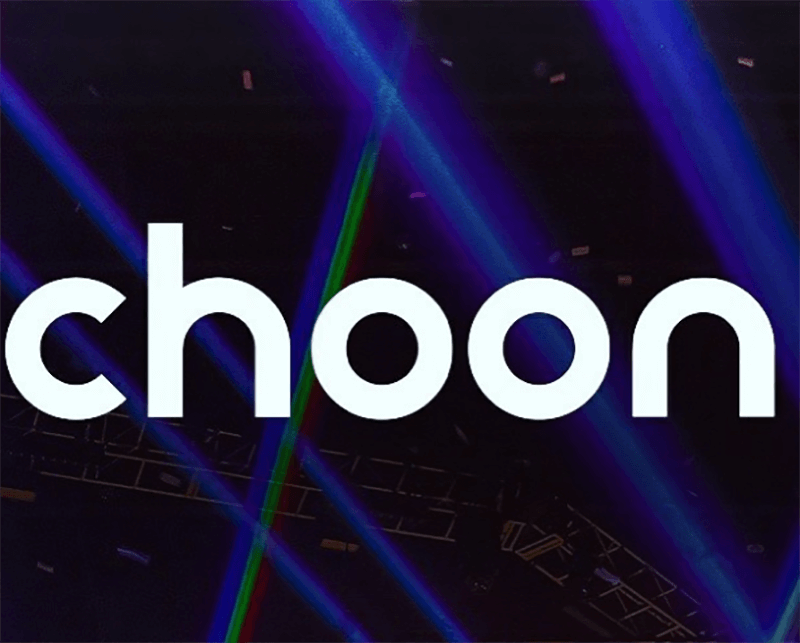
No matter what your feelings are concerning music streaming vs. music purchasing, one thing is clear: music streaming is growing as a consumer product. It may or may not be good for music rightsholders and songwriters, but it sure is a killer product for music listeners. Spotify, Apple, Tidal, Google Play, and even Amazon music all saw subscriber growth in the last year. Add YouTube’s music product, “Remix,” slated for release in 2018.
Key questions exist, like how many of these will last? None are profitable, exactly NONE.
Will Spotify’s direct IPO satisfy its debt holders, and will it survive Tencent?
Will Apple Music survive Jimmy Iovine’s exit, and a long-rumored iTunes shuttering?
But for all their bluster and new hotness, many of these services are aging, and again, not profitably. Spotify is 12 years old, Deezer is 11 years old, Google Play launched 9 years ago on Android, and even Apple Music and Tidal are both 3 years old.
So, what would a streamer look like if it were launched today? How could it benefit music listeners AND music makers?
We’re about to find out with a brand-new streamer called Choon, described as a “music streaming service and digital payments ecosystem powered by Ethereum blockchain, designed to solve some of the music industry’s most fundamental problems.”
I spoke to Choon’s founders, Gareth Emery, who is a successful DJ and EDM producer as well, and Bjorn Niclas, and asked them to give me the lowdown on this new streamer.

Bjorn Niclas
PM: Why did you pick Ethereum blockchain?
Gareth: It’s the best-known network where smart-contracts are possible. Whilst Bitcoin has first-mover advantage and name recognition, there’s a lot less we can do in terms of smart-contracts, which is vital to our business.
PM: How is Choon addressing the needs of rightsholders and writers, as well as artists?
GE: At Choon, writers are treated like any other artist. I think we can all agree, writers have been left out in the cold in the current world of music streaming, so at Choon, we don’t have a differentiation between writers and featured artists. Each track has one clear set of profit splits covering ANYONE who has financial interest in the track, which creates the Smart Record Contract, transparently paying everyone in real-time. The current system is fairly ludicrous, where artists and writers have to take completely different routes via a multitude of intermediaries to get paid. It’s ridiculous.
PM: There are a many “crypto” music streamers currently, Musicoin, Voise, etc. How do you describe Choon as different?
Bjorn: Main difference – the people behind this project are music people. Gareth and I have [much] experience in the music business, as well as our advisory board. We are trying to solve the unfair problems for the smaller guys, not just accept crypto as payment and leave the rest the same. Competitors have speculative ideas. We are building it today; it’s not speculation.
PM: Explain to me Choon’s Real Time Royalty Network? Is this your creation? How does the idea of a permanent ledger work if it is off-chain?
BN: Yes, it is, but the ultimate plan is having everything on-chain. Presently though, it’s just too expensive and slow to have absolutely everything on-chain, so the Real Time Royalty Network uses state channels to allows us to execute Smart Record Contracts quickly.
Down the line as the technology develops, we plan to have everything entirely on-chain and as decentralized as possible – but we’re working within the limits of these fairly new technologies, and it’s important that the product is as good as the point-of-use of any of the current centralized solutions.
PM: You’ve said the current industry model is unfair, expand upon that.
GE: It’s shameful. We’ve lost so many good people over the last two decades. For me, less than 1% of my total income is from music (with the rest from live) but I’m one of the lucky ones, as I have a very successful live career. What about people who don’t want to travel, tour, or who want to remain at home, or behind-the-scenes making music? Well, most of them are gone. I’ve seen far too many friends leave our industry for regular jobs – incredible artists who are now editing films, teaching, or ‘ghost producing’ for other artists.
We’ve all been sold this myth that ‘there’s no money in recorded music.’ Actually, there is. It’s a $16 billion-dollar industry, it’s just going to the wrong people.
BN: It sounds radical, but all we’re proposing is removing unnecessary intermediaries from the payment flow between listener and artist. We are not even going to bother with the old legacy system, essentially, designing the music industry as if we’d invented it today.
PM: How will Choon deal with label deals and publishing contracts?
BN: Initially, the platform’s only open to artists and writers who entirely own their own music – recording and publishing. We have no interest in trying to stream anything that’s locked into the legacy music industry, which I know is tough on artists who’ve done long-term deals (including me) but this is the only way we’re able to achieve a direct payment flow between the listener and the artist. We’d rather start with a much smaller catalog to be able to get this model right.
Artists and songwriters can sign up for the beta here: https://choon.co
ABOUT THE AUTHOR
–Michael St. James is the founder and creative director of St. James Media, specializing in music licensing, publishing, production and artist development.
